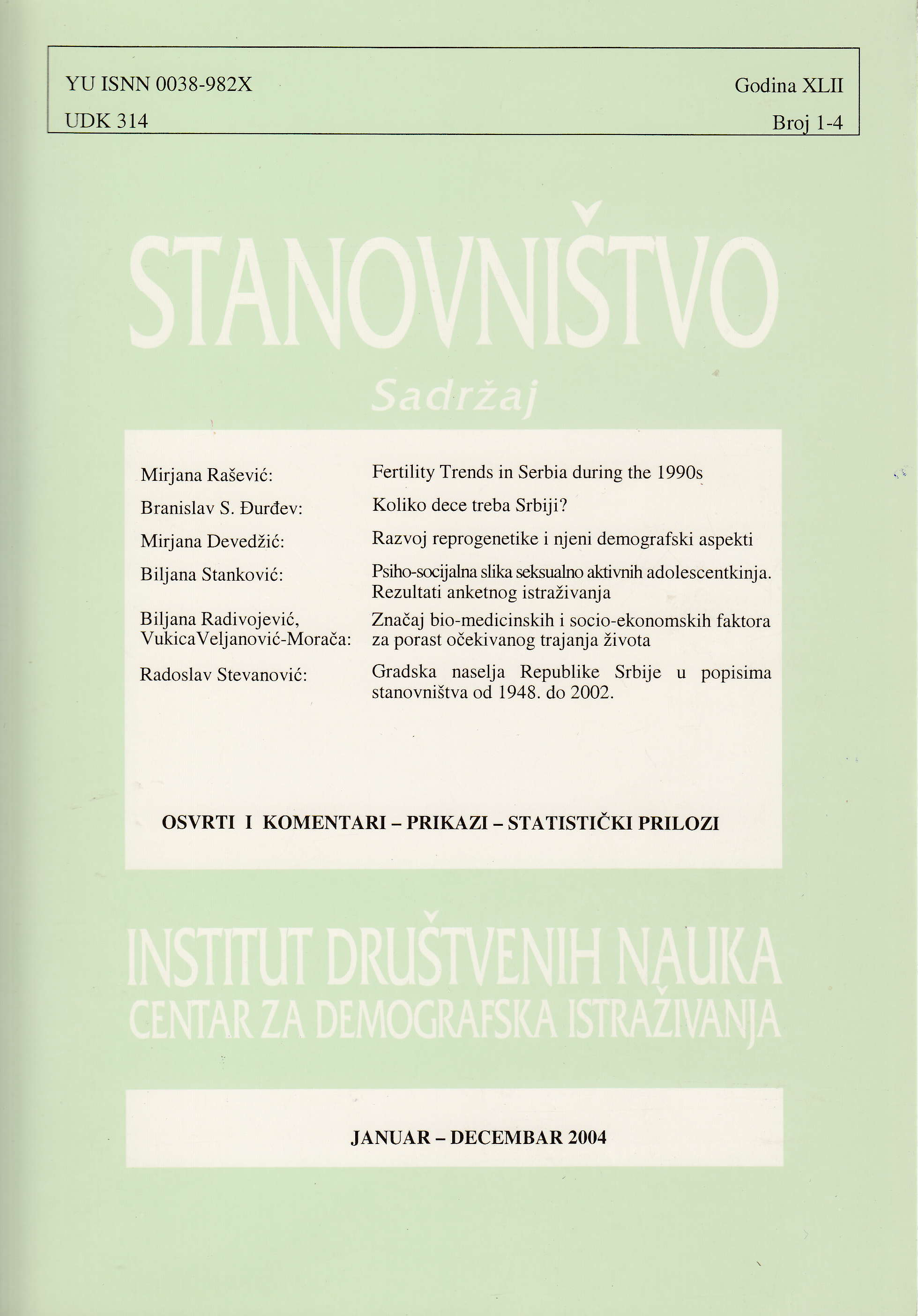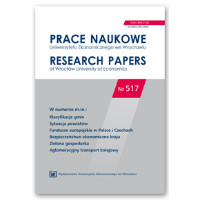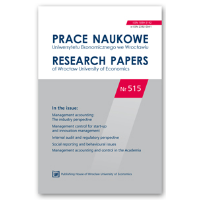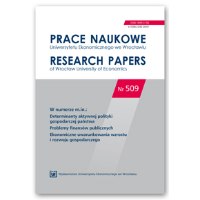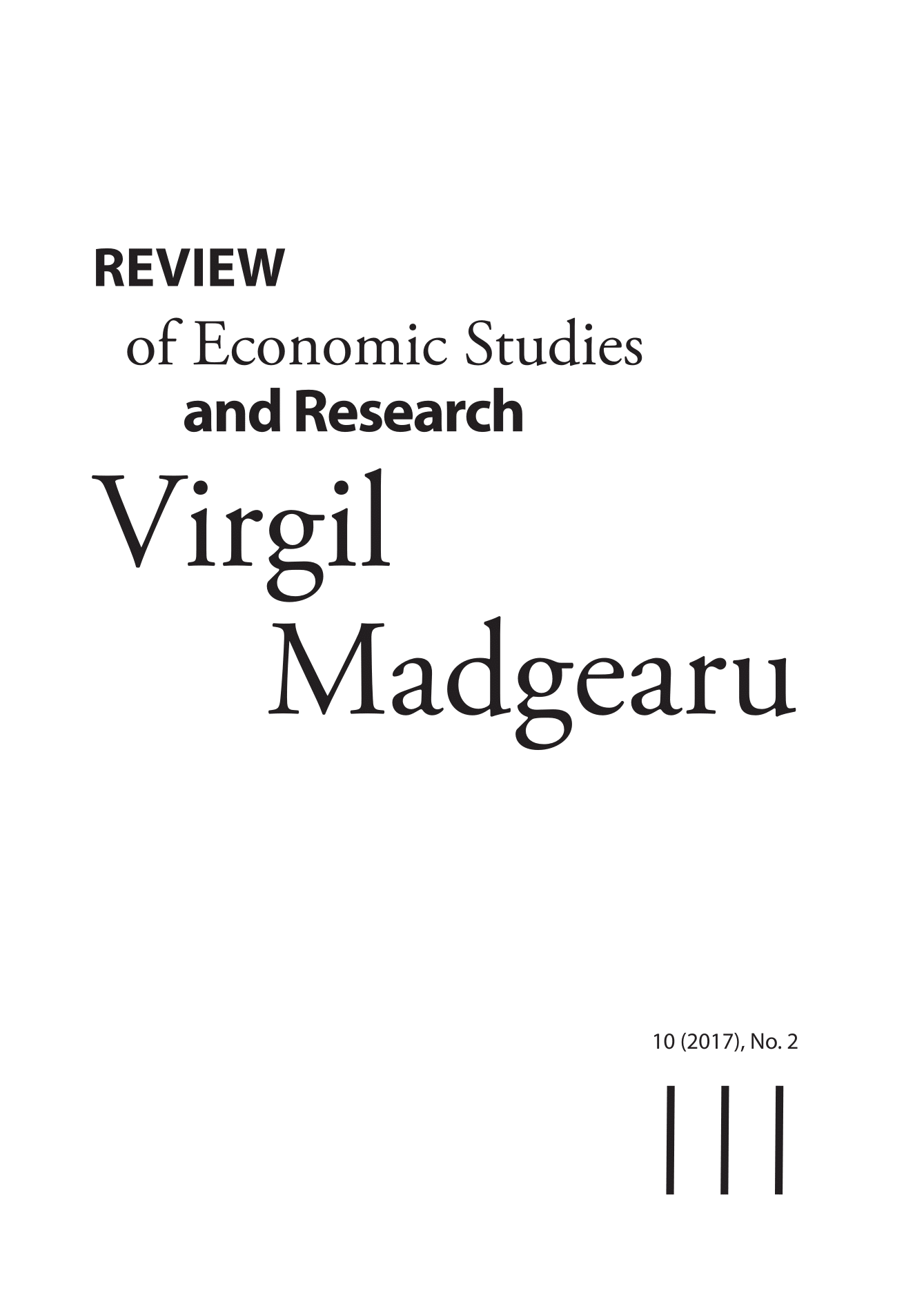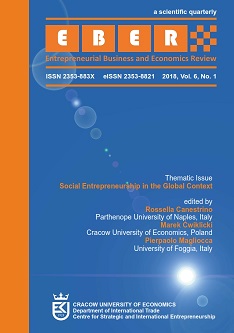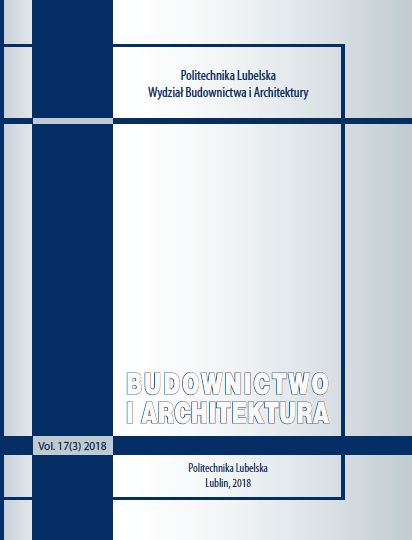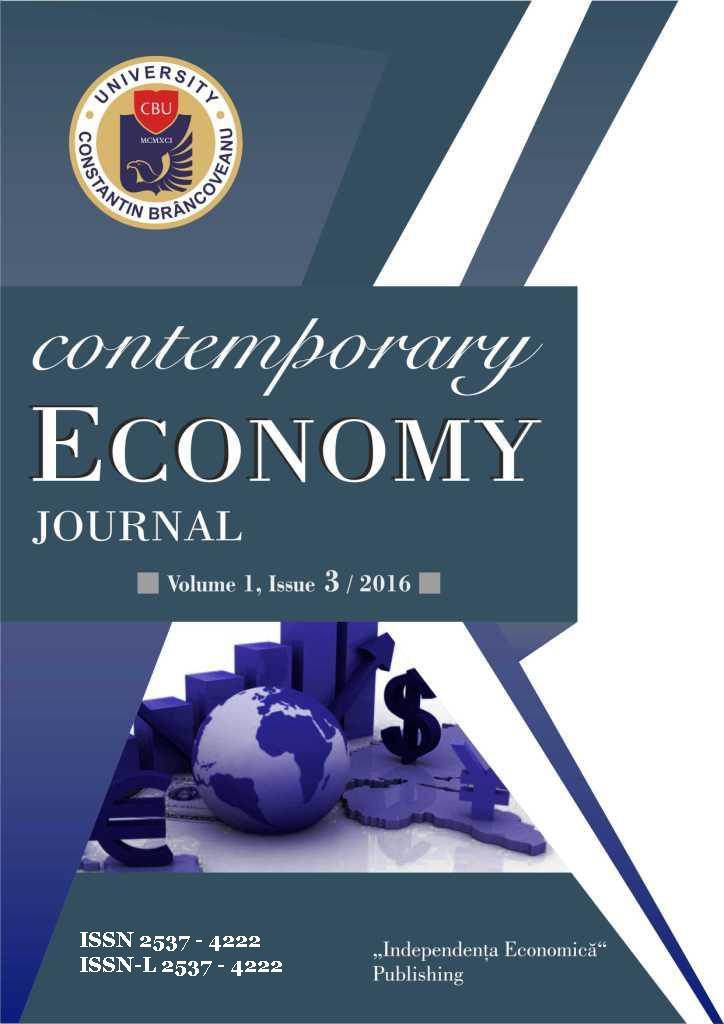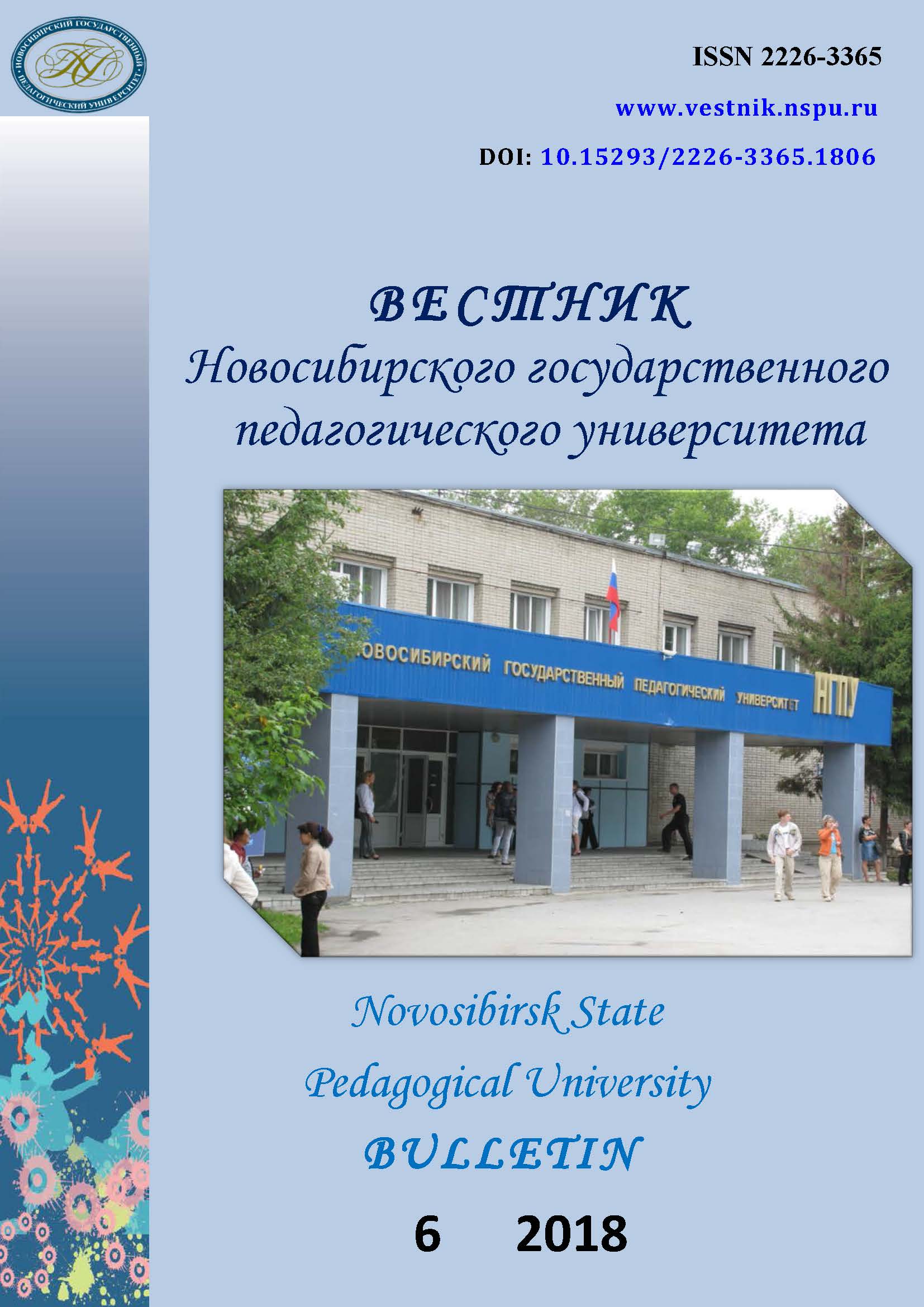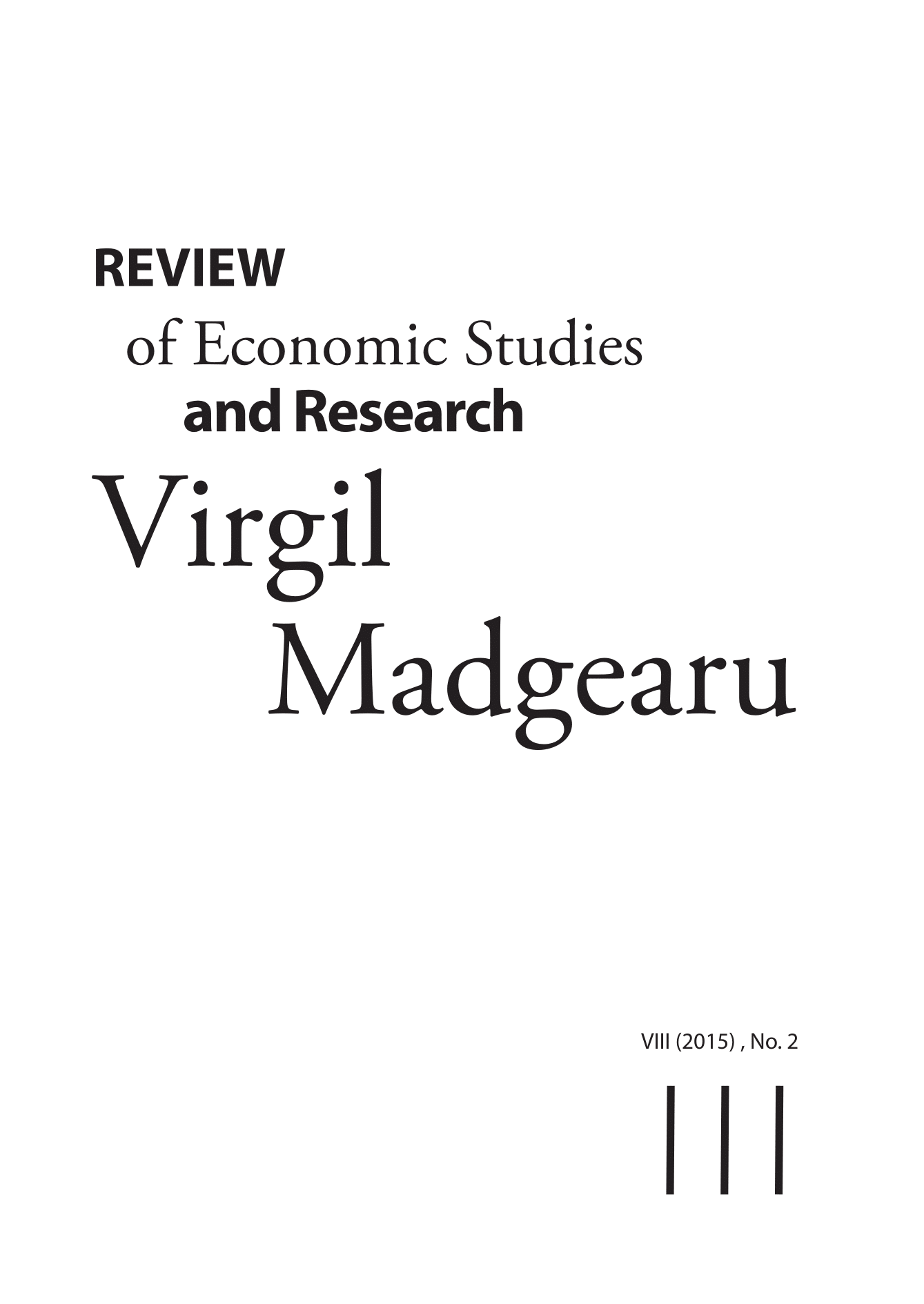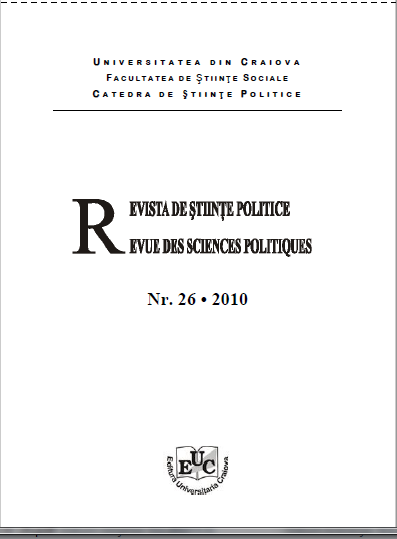
Institutional Quality of Social Sector: The Essence and Measurements
The article provides theoretical underpinning for the need to assess institutional quality of the social sector. Basing on the critical analysis of the existing approaches to index construction, traditionally used to study economic development and quality of life, it is proposed to form the index of social sector quality, and also the principles of its calculation are justified. The presented methodology for calculating this index is built upon the principal component analysis. The calculation includes 20 indicators, which represent three groups (education, healthcare and social security). The index creation is based on the data for 25 countries divided into four groups. According to our evaluation findings, the quality of social institutions will be primarily determined by their ability to provide an extension of average life expectancy and to maintain an adequate level of health, as well as employment according to the results of education. The quality of social security institutions’ operations affects the index variability to the least extent.
More...
